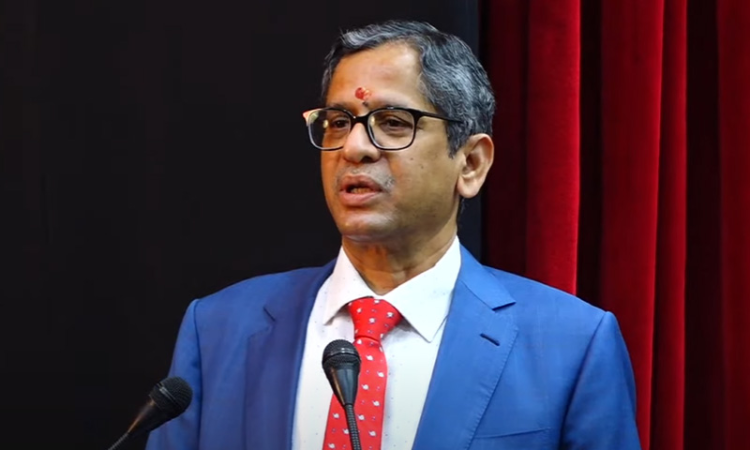Chief Justice of India NV Ramana on Sunday reflected upon the acute relevance of the teachings of Swami Vivekananda. He was addressing an event as the Chief Guest to mark the 128th anniversary of the historic Chicago Address of Swami Vivekananda and the 22nd Foundation Day of Vivekananda Institute of Human Excellence, Hyderabad. "Swami Vivekananda, in his address, propagated the idea of...

